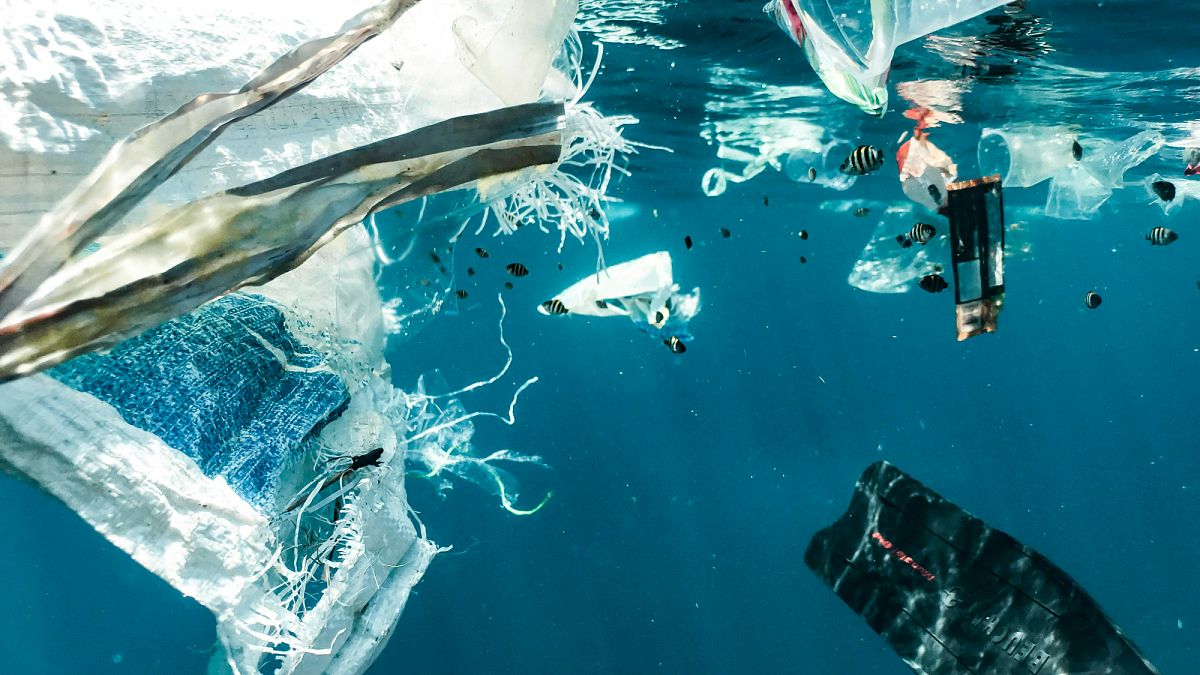The survey found little demand amongst young people for significant action or accountability from ocean stakeholders.
There’s a concerning disconnect between young people’s recognition of the ocean’s vital role in climate change and the importance of measures required to protect it, a new global survey has found.
A large majority of young people are concerned about the ocean’s health – yet they place a higher priority on protecting forests, reducing air pollution, and tackling freshwater scarcity.
Young people also have high expectations for governments, NGOs, and local communities but low expectations for businesses, highlighting a misunderstanding about who holds responsibility for ocean pollution, the authors said.
The study by the world-leading ocean health initiative Back to Blue found these worrying gaps in ocean literacy levels among 18–24-year-olds in 35 countries.
Young people ‘do not fully fathom the dire conditions of our oceans’
Results from the 3,500 respondents of the survey found that 75 per cent of young people are concerned about the state of ocean health.
However, few acknowledge the jeopardy the ocean is in, nor the ways in which this can be prevented – almost half (47 per cent) of young people think the ocean is still healthy.
The Dominican Republic, Puerto Rico and the Philippines are among some of the top countries that believe this, even though they are struggling with plastic pollution, coral reef degradation, and habitat loss.
The authors said it strongly indicates that young people “do not fully fathom the dire conditions of our oceans”.
Indeed, 61 per cent prioritise other climate issues, such as deforestation, over ocean conservation. Notably, this perspective is shared by 88 per cent of young people in Panama – a country bordered by both the Pacific Ocean and the Caribbean Sea, where the ocean plays a vital role in the economy.
“It is surprising and alarming to see so many young people misjudge the ocean’s health. This level of low ocean literacy risks hindering progress and funding for protecting our oceans,” Peter Thomson, UN Ocean Envoy, said.
“We must invest in educating young people about the importance of ocean health and how to safeguard it for the future.”
The authors argued that strengthening ocean literacy is pivotal for fostering a deeper understanding of the ocean’s multifaceted role. It is not only a driver of local economies through industries like fisheries, tourism, and renewable energy but also a critical buffer against climate change impacts.
“The ocean is one of the most overlooked and underfunded areas in global sustainability, yet its decline directly impacts how we live,” Thomson added.
“We must remember that the ocean is silently dealing with sea level rise, soaring temperatures and acidity levels, as well as irreversible threats to biodiversity because of human activity. The least we can do is understand it better and make it a priority to save.”
Improved ocean literacy can help put pressure on policymakers
The survey also found little demand amongst young people for significant action or accountability from ocean stakeholders. Less than half of young people want government action that will ensure the ocean’s health. Only 17 per cent want to see corporations and businesses take increased responsibility.
The latter finding is particularly worrying as the study found that young people are concerned about ocean contamination – chemical pollution (48 per cent) and plastic pollution (50 per cent) – yet they do not know where responsibility lies.
Better knowledge of the dangers facing the ocean would increase citizen and stakeholder pressure on policymakers and funding sources, the authors said.
“It’s incredibly interesting to see that some young people recognise that the ocean can have a role in addressing the impacts of climate change and that damaging ocean health is detrimental to this,” Emma McKinley, an ocean literacy expert and senior research fellow at Cardiff University, said.
“Yet, this study suggests that not all young people recognise the need to demand more action from governments and the private sector to do more to prioritise ocean health.”
The authors of the study called on educators and policymakers to incorporate ocean literacy into school curriculums to “equip the next generation with the knowledge and tools needed to protect our oceans and address the challenges they face”.

